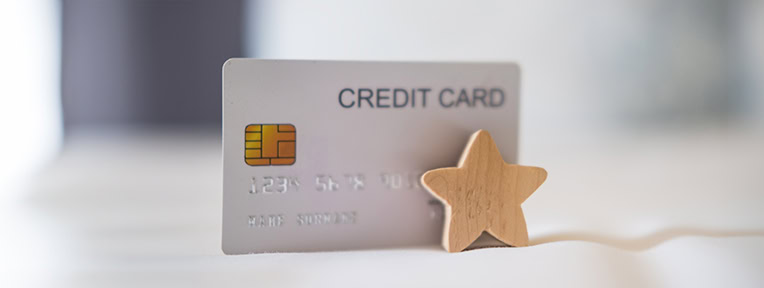
What is Plastic Money & Its Benefits?
Posted on Friday, June 28th, 2024 | By IndusInd Bank
Plastic money refers to credit cards, debit cards, and other cards that can act as convenient substitutes for cash.
The term ‘plastic money’ is popular as it denotes the shift from traditional cash payments to more flexible and tech-savvy methods. Plastic money has revolutionised how people manage their finances. It has transformed how people shop, travel, make payments, and more.
Let’s learn more about what plastic money is, its types, and the benefits it offers.
An Overview of Plastic Money
The following points explain plastic money and its workings:
- Plastic money refers to various forms of payment cards used instead of cash to carry out transactions.
- Credit cards, debit cards, prepaid cards, and other electronic payment cards fall under the ‘plastic money’ category.
- The term ‘plastic money’ comes from the material of these cards – plastic. Such cards are embedded with technology that stores financial data. They allow users to make transactions quickly and securely.
- Plastic money is a safer and more convenient way to carry and spend money. A swipe, tap, or inserting the card are ways to transact.
Now that you have understood the meaning of plastic money, let’s look at some common types of plastic money.
Different Types of Plastic Money
Here are some of the most popular types:
1. Credit Cards
These credit cards allow users to borrow money from card-issuing banks up to a pre-defined limit. The user must repay the borrowed amount within a specified period.
2. Debit Cards
These cards are linked to the account holder’s bank and used for everyday transactions and ATM withdrawals.
3. Prepaid Cards
These cards are pre-loaded with a certain amount of money users can utilise until the balance is exhausted. They are not linked to a bank account and are popular for budgeting, gifting, and travel.
4. Store Cards
Retailers issue these cards for purchases at specific stores or chains. They often come with special discounts, promotions, and reward points for loyal customers.
After understanding the meaning of plastic money and its types, let’s look at its advantages.
Also Read: First-Time Credit Card Applicant- 10 Things to Know Before Applying for Your First Credit Card
Benefits of Plastic Money
Here are some benefits you can enjoy with plastic money:
1. Convenience and Accessibility
One of the main benefits of plastic money is its convenience. It eliminates the need to carry cash and enables quick and easy transactions anytime from anywhere.
2. Enhanced Security
Plastic money provides enhanced security features such as PIN protection, chip technology, and fraud detection systems. These features reduce the risk of theft and unauthorised transactions.
3. Building Credit History
Responsibly usage of credit cards is a great way to build and improve your credit history. Regular usage and timely credit card bill payments positively impacts your credit score.
4. Rewards and Incentives
Many credit and debit cards come with programs that offer reward points and complimentary experiences. These benefits of plastic money can lead to significant savings over time.
5. Budget Management
Debit cards and credit cards come with monthly account statements. It allows users to monitor their spending habits and identify areas where they can cut back. It can help maintain better financial discipline and planning.
Conclusion
Understanding what plastic money is and its numerous benefits can help you make the most of it.
IndusInd Bank offers credit card options with attractive rewards and benefits, such as travel privileges, complimentary movie tickets and golf classes/lessons, airport lounge access, and more.
The best part? If you opt for a lifetime free credit card with IndusInd Bank, you do not have to worry about joining or annual fees.
Apply Free Lifetime Credit Card and enjoy the benefits now at IndusInd Bank!
Disclaimer:
The information provided in this article is generic and for informational purposes only. It is not a substitute for specific advice in your circumstances. Hence, you are advised to consult your financial advisor before making any financial decision. IndusInd Bank Limited (IBL) does not influence the views of the author in any way. IBL and the author shall not be responsible for any direct/indirect loss or liability incurred by the reader for making any financial decisions based on the contents and information.



 Offers
Offers Rates
Rates Debit Card Related
Debit Card Related Credit Card Related
Credit Card Related Manage Mandate(s)
Manage Mandate(s) Get Mini Statement
Get Mini Statement
 categories
categories Bloggers
Bloggers Blog collection
Blog collection Press Release
Press Release


